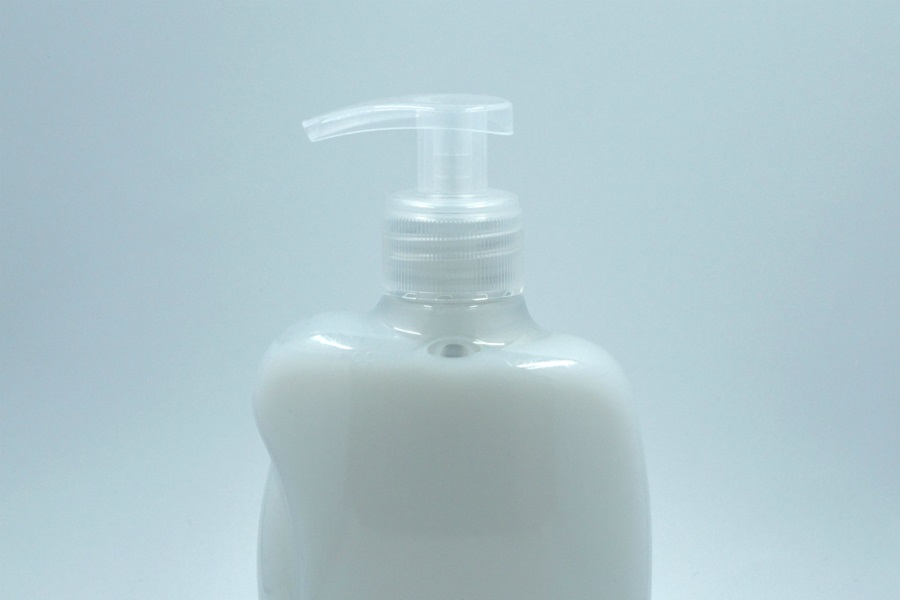In China, the public have been advised to stay home, wear masks, and clean the house by Dr. Zhong Nanshan, China's senior medical adviser. This is because COVID-19 is transmitted via sneezing, exchange of bodily fluids and skin-to-skin contact. As a result of this, household cleaning categories such as disinfectant liquid and antiseptic wipes are quickly going out of stock at many stores. Not surprising in the current environment, but the question is whether this new consumer habit of using disinfectant and antibacterial products will remain even after the epidemic.
Kantar Worldpanel believes the current epidemic will ride on the health and high-quality lifestyle trends and further influence consumers’ choices and behaviour in three ways: category expansion, product upgrade, and new usage occasion. In terms of category expansion, those focused on removing germs and health such as antiseptic wipes and disinfectant liquid are most likely to be impacted. In terms of product upgrade, traditional antibacterial products will become multi-functional by adding qualities such as “natural”, “gentle” and “purifying”. In terms of new usage occasions, products designed for specific (as opposed to general) needs will become popular, as consumers are leading a more sophisticated life.
According to Kantar Worldpanel’s household panel, sales of household cleaning categories soared against the overall FMCG market trend under the double impact of Chinese New Year and the outbreak of the epidemic. This was due to both more buyers and more frequency of use. The surge in demand was strongest for disinfectants, toilet cleansers and air fresheners. While consumers usually wait until they have run out of products or stock up during an epidemic, this time they are purchasing more types of cleaning products for different usage occasions.
There is a lot of room for growth for disinfectant liquid in particular as only 28% of Chinese households purchased it in the past year. In addition, latest data from Kantar Worldpanel shows that disinfectant penetration grows with economic development of a household. Coupled with the continuing development of Chinese economy, this is an opportunity to raise public awareness on health and hygiene. It seems very likely therefore that antibacterial and disinfectant products will continue to grow in the long run. In terms of brands, young families are showing a preference for multi-functional and relatively more gentle disinfectant liquid products from Dettol over the more traditional 84 Disinfectant Liquid preferred by older families. Manufacturers can more actively engage with young consumers through various online/ mobile platforms to educate them on the need for and benefit of using disinfectants in regular cleaning.
In addition to the disinfectant category, the sanitiser segment in the laundry detergent category is also performing well. Many products are taking on the sanitiser+? benefit positioning and actively communicating their differentiation/superiority in gentleness and functional efficacy. For example, LIBY Tea Seed Degerm series and OMO Natural Enzyme Degerm Anti-mite series claim "natural" + "degerm" benefits. These two variants have so far achieved high growth in the fiercely competitive laundry detergent market on the back of winning with families who have children. Initially given a boost by the epidemic, the benefit of products that remove germs are likely to continue to grow, especially with the increase in households with kids (both young and teens) resulting from the two-child policy implemented in 2015.
Until the epidemic, the low penetration of disinfectants and other degerm products in China show that they had not been regarded as necessities. However as people are becoming more acutely aware of the benefits of hygiene and health care it is likely use of such products will become routine even after the epidemic has passed.

